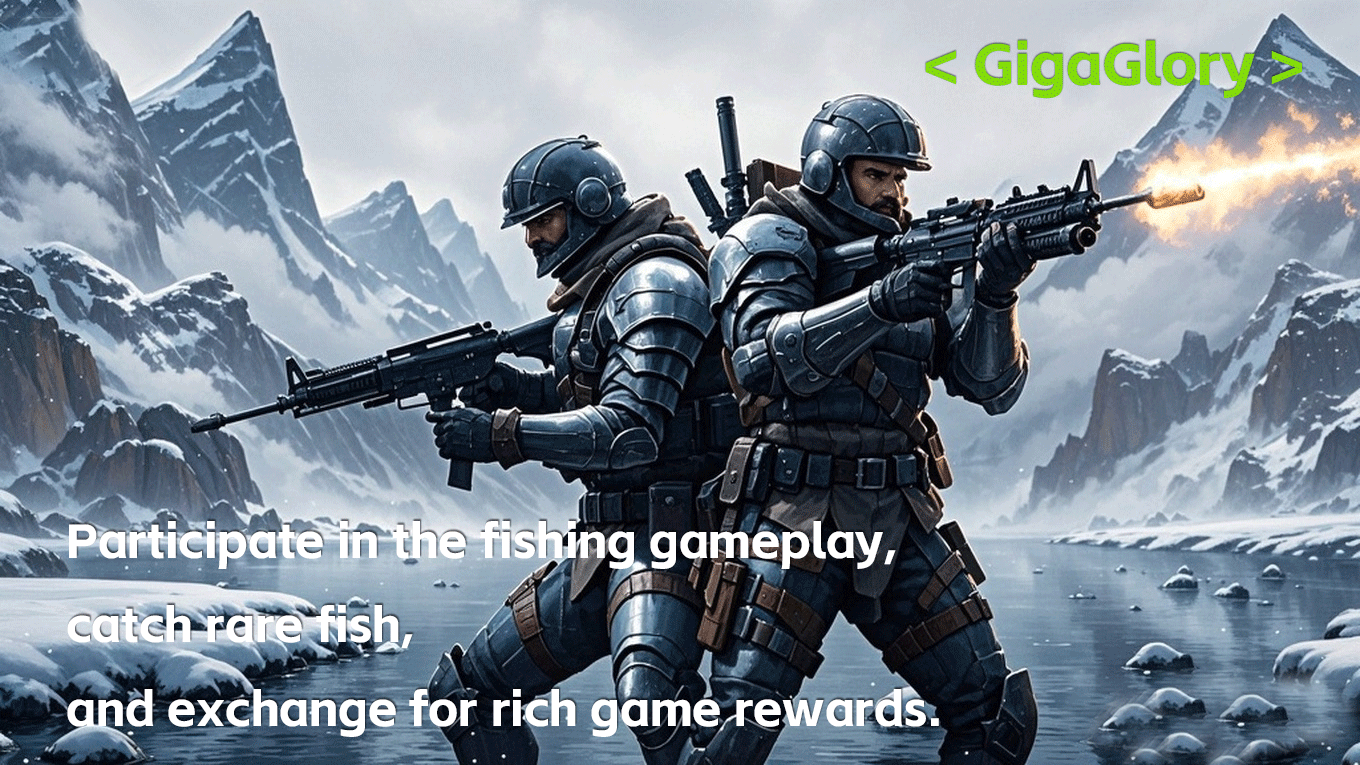Why Real-Time Strategy Games Are the Future of Competitive Gaming: A Comprehensive Look
Real-time strategy (RTS) games have been through a rollercoaster ride since their inception. They emerged as a beloved genre in the 1990s, captivating audiences with their unique gameplay and challenging tactics. Today, as the gaming landscape shifts, RTS games are experiencing a resurgence, and many believe they hold the key to the future of competitive gaming. In this article, we'll explore the reasons behind this trend and look at some examples that highlight RTS's enduring appeal.
Why RTS Games Matter in Competitive Gaming
- Dynamic Gameplay: Unlike turn-based games, RTS demands quick decision-making and real-time action, making each match unpredictable and exciting. Players must think on their feet and adapt to their opponents' strategies.
- Community and E-Sports: The RTS community has remained loyal, creating a thriving ecosystem for e-sports. Games like StarCraft II have established tournaments with substantial cash prizes, encouraging professional players to emerge.
- Accessibility: Modern RTS games, such as EA Sports FC 25 Standard Edition PS5, have become more accessible to a broader audience, appealing to both seasoned players and newcomers.
Popular RTS Titles to Watch
| Game Title | Platform | Release Year | Notable Features |
|---|---|---|---|
| StarCraft II | PC | 2010 | Competitive Multiplayer, Rich Lore |
| Age of Empires IV | PC | 2021 | Historical Campaigns, Diverse Civilizations |
| Warcraft III: Reforged | PC | 2020 | Updated Graphics, Modding Community |
| Delta Force: BHD Team Sabre | PC | 2002 | Military Tactics, Team Play |
Key Features of Modern RTS Games
The evolution of strategy games means that developers continually push the envelope in terms of graphics and mechanics. Here are some key features that make modern RTS games worthy of attention:
- Enhanced Graphics: Today’s games feature stunning visuals that create immersive environments, capturing the player’s attention.
- AI Opponents: Advanced AI systems that adapt to your gameplay create a more challenging adversary, enhancing the strategic depth.
- Customizability: Players can often customize factions, units, and strategies, providing a unique experience in each game.
- Community-Driven Content: Many games support mods and user-generated content, keeping the community engaged and invested.
Challenges Faced by RTS Games
Despite their advantages, real-time strategy games face challenges—including a shrinking player base and the overwhelming popularity of battle royale and shooter genres. Developers must innovate to keep players engaged, providing fresh content and experiences.
Conclusion
In conclusion, real-time strategy games possess unique qualities that make them the backbone of competitive gaming. Their dynamic nature, engaging communities, and evolution over the years pave the way for their return to prominence. With the right innovations, RTS games could shape the future landscape of competitive gaming, enticing both old and new players alike.
FAQ about Real-Time Strategy Games
Q: What is a real-time strategy game?
A: RTS games require players to gather resources and make strategic decisions in real-time, controlling units and bases simultaneously.
Q: Are RTS games beginner-friendly?
A: Yes, many modern RTS games feature tutorials and casual modes to help new players learn the basics.
Q: Can RTS games be played competitively?
A: Absolutely! Several RTS titles have established e-sports scenes, with tournaments and professional players.



